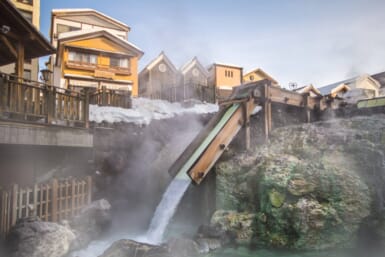Fish caught off the coast of Fukushima prefecture were found to have deadly levels of radiation, according to a government-affiliated research institute.
Japan’s Fisheries Research Agency said specimens of black sea bream caught at the mouth of the Niidagawa river in Iwaki, some 37 kilometers south of the embattled Fukushima nuclear plant, contained 12,400 becquerels per kilogram of radioactive cesium.
The reading was 124 times higher than the threshold considered safe for human consumption.
The species was one of 37 fish that researchers caught in Iwaki in October and November to study the levels of radiation to which marine life were exposed. Two other fish also exceeded the safety standards of 100 becquerels per kilogram, reports The Asahi Shimbun. The rest of the fish were reportedly within safety limits.
Officials said black sea bream have not been circulated in fish markets. Black sea bream are currently being restricted from being fished in Miyagi and Fukushima Prefectures.
Following the Fukushima disaster, Japan has lowered its threshold for cesium levels in food from 500 becquerels per kilogram to 100 becquerels. Tokyo Electric Power Co, the operator of the crippled plant, reported radiation levels 8 times government safety guidelines. The Japanese government has recently stepped in to shore up clean up efforts in the precarious plant, which was found to have leaked tons of contaminated water into the seas.
By Maesie Bertumen
Image: sebra / Shutterstock.com









